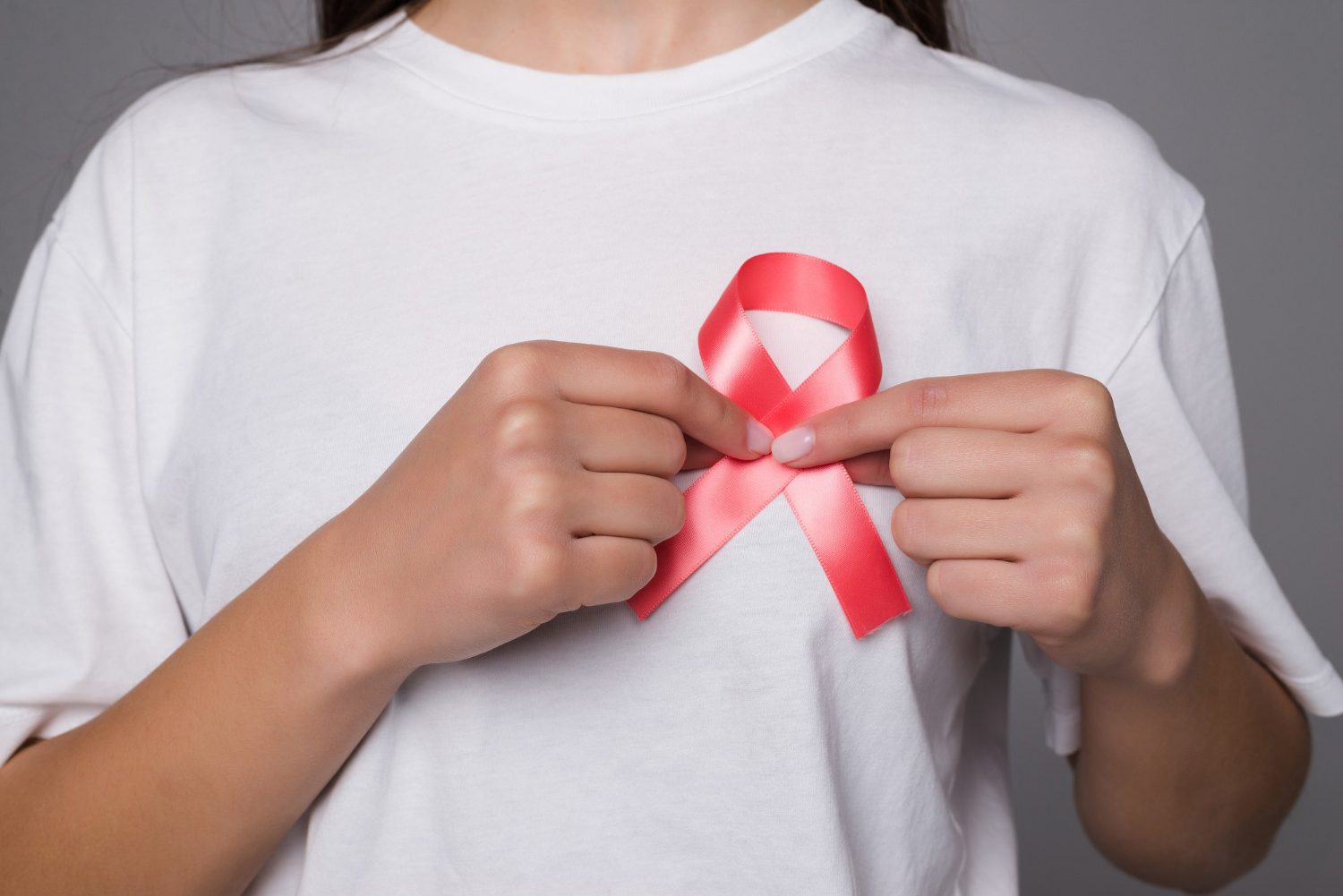Being diagnosed with and experiencing breast cancer is extraordinarily difficult for both patients and loved ones. For breast cancer survivors, there are thankfully a few reliable options that can improve and restore quality of life to similar levels, pre-diagnosis. Hormone therapy is one such option for breast cancers that are sensitive to hormones.
Hormone therapy to treat breast cancer can be a great option after undergoing surgery to decrease the chance that the cancer will return. Such hormone therapy may also be used to reduce the size of a tumor before surgery, increasing the probability that the cancer will be removed in its entirety. Even if a patient’s cancer has spread to other parts of the body, hormone therapy for breast cancer may help control it.
Let’s take a closer look at how proper hormonal therapy works and can benefit breast cancer survivors.
Hormones and Hormone Therapy
Starting with the basics, hormones are essentially chemical messengers that regulate specific functions in the body, including reproduction. Hormones are created and released by many glands in the body and eventually enter the bloodstream, where they circulate to other tissues across the body.
In terms of hormone therapy, the most common forms of breast cancer are either designed to block hormones from binding to receptors on cancer cells or to decrease the body’s creation of hormones. More specifically, hormone therapy is typically used for breast cancers that are found to have receptors for the naturally-occurring hormones estrogen or progesterone. Hormone therapy can prevent these hormones from attaching to cancer cells, which stops the cells from growing, and as a result, prevents or delays breast cancer recurrence. Hormone therapy can also reduce or prevent the occurrence of a second, independent breast cancer.
Hormone Therapy Myths
While still a controversial issue, bioidentical hormones are increasingly believed to not cause cancer. The belief that they did began with a false impression back in 1991 when the very controversial Women’s Health Initiative (WHI) was stopped because of the increased occurrence of chronic disease among subjects. This study incorporated the synthetic hormone, Prempro, and study subjects were 63 years old on average.
Meta-analyses following this study have shown both that most of the subjects came with pre-existing conditions that led to the development of disease during the study, and that hormones have the potential to reduce the risk of cancer and other chronic diseases in women.
Importantly, over 15 major medical organizations now encourage hormone therapy as part of a safe and effective treatment plan for many adverse health conditions (2013). And, according to a 2015 survey conducted by the North American Menopause Society, over 60 percent of clinicians prescribe or support the application of bioidentical hormones.
When is Hormone Therapy Used for Breast Cancer?
As mentioned above, hormone therapy is typically prescribed after surgery (as adjuvant therapy) to reduce the probability of the cancer returning. It is also, sometimes, started before surgery as neoadjuvant therapy.
Hormone therapy for breast cancer is usually taken for approximately 5 years. Treatment that goes beyond 5 years is usually made available to women who have cancers that carry a more substantial risk of coming back. In essence, hormone therapy can still be an effective solution to treat cancer that has come back after treatment or that has spread to other parts of the body.
Hormone therapy for breast cancer can be an incredible treatment solution for women who have survived breast cancer and want to improve their health and quality of life while reducing their risk for future cancers. If you and your healthcare provider think hormone therapy for breast cancer could be a good option for you, contact Renewed Vitality today! We are the Reading area’s hormone therapy resource and can help you start feeling healthy and like yourself again.





